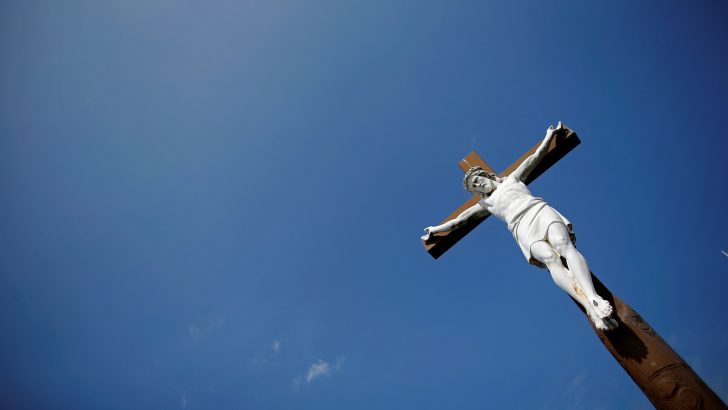In a way, every time someone is talking about clerical sexual abuse the Church is losing. Few things convulse people with anger and dismay as much as revelations that those charged with leading people to God betray that trust and instead inflict the most appalling harm.
Perhaps, the only thing to come close is when people hear that those raised up to lead the Church – bishops and religious superiors – sometimes chose to turn a blind eye and often preferred to put the avoidance of scandal and the reputation of the Church or an accused cleric ahead of the pain of a child.
As Benedict XVI noted in his letter to the Catholics of Ireland, the scandals loom large and have obscured the light of the Gospel “to a degree that not even centuries of persecution succeeded in doing”.
It is a painful legacy, and for all that the Church in Ireland has made huge strides forward to ensure that ecclesial life is as safe as possible for children and vulnerable adults.
Lessons learned
We can’t say it often enough that heart-wrenching lessons have been learned and that while no system will be perfect, the Church here now has hard-won policies and procedures in place that represent the gold standard. The army of thousands of volunteers who give of their time, talent and energy to work in child safeguarding across the Church really do represent a revolution.
More than this, at a time when the reality of fewer and fewer priests is becoming more apparent, it is also a shining example of how laypeople, religious and priests can work together to share co-responsibility for the life of the Church.
None of the huge strides that have been taken in countries like Ireland can diminish the immense damage that has been done, nor can it make us complacent that this is now perfect and something that can be consigned to the past. As is becoming more and more evident in every walk of life, constant vigilance is the only stance when it comes to safeguarding. In other words, safeguarding has to be seen as a culture rather than in isolation.
The abuse summit in Rome which concluded at the weekend focused primarily on responsibility, accountability and transparency. These are all vital components for a comprehensive safeguarding strategy.
The fact that the Holy See is preparing a guidebook for every bishop in the world to know how to handle these cases supported by a new task force is good news. Some victims and survivors will – understandably – say ‘too little, too late’. And for them, that is tragically true. But, the real fruit of the Rome meeting must be that the lessons learned in countries like Ireland must be applied globally.
No family or society ever wants to confront an issue like the abuse of children. In the Church we have been forced to confront this. We have been held to the standard of the Gospel and found wanting, but if we can truly face the inadequacies and wrongdoing in a courageous fashion the Church can, please God, help serve as a mirror to wider society all across the globe to confront the virus of abuse that infects everything it touches.
Michael Kelly is co-author of a new book with Austen Ivereigh How to Defend the Faith – Without Raising Your Voice – it is available from Columba Books.


 Michael Kelly
Michael Kelly
